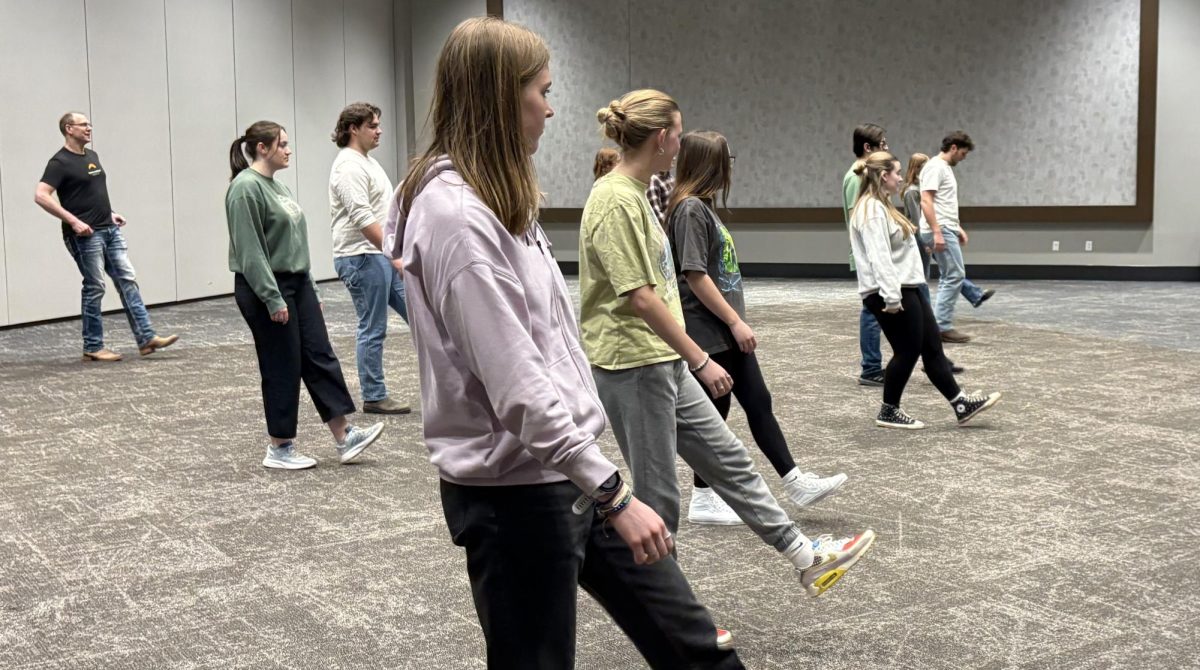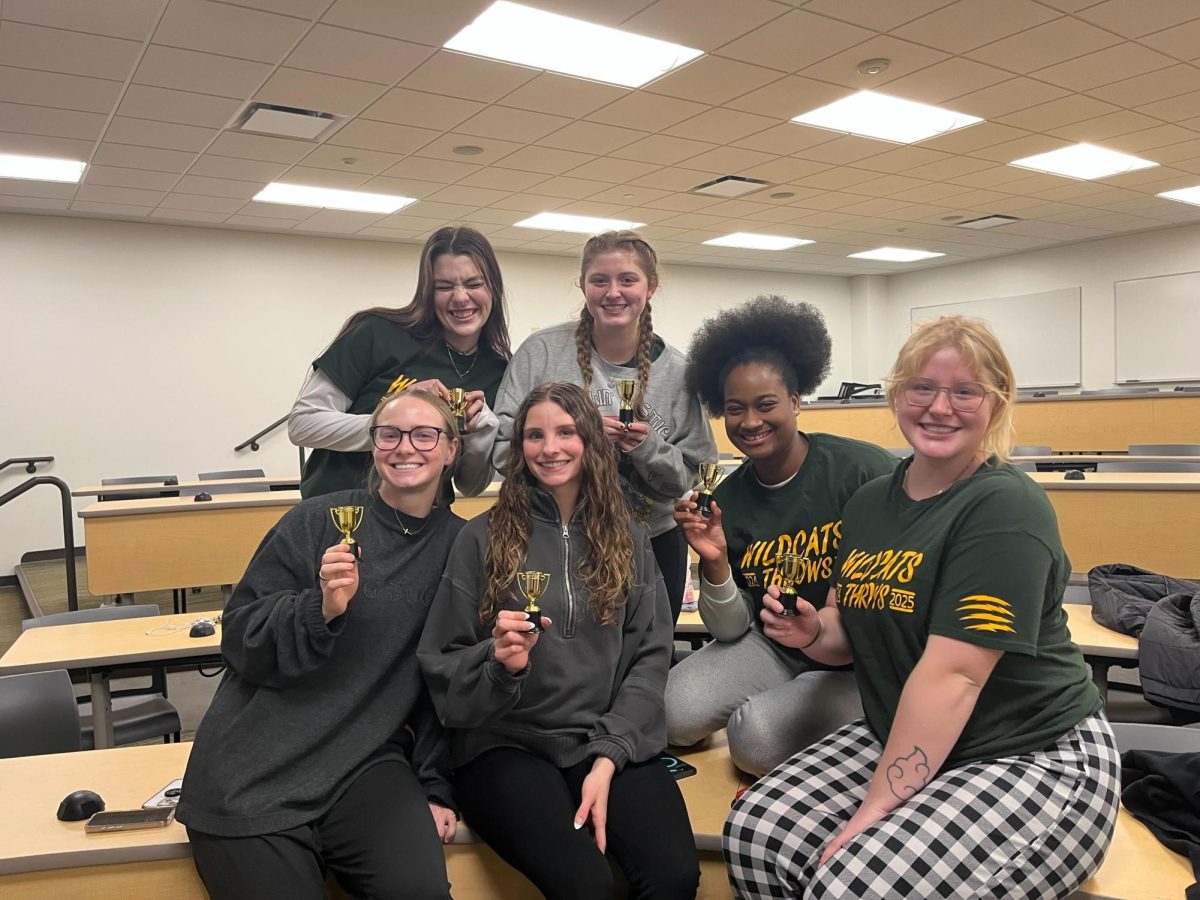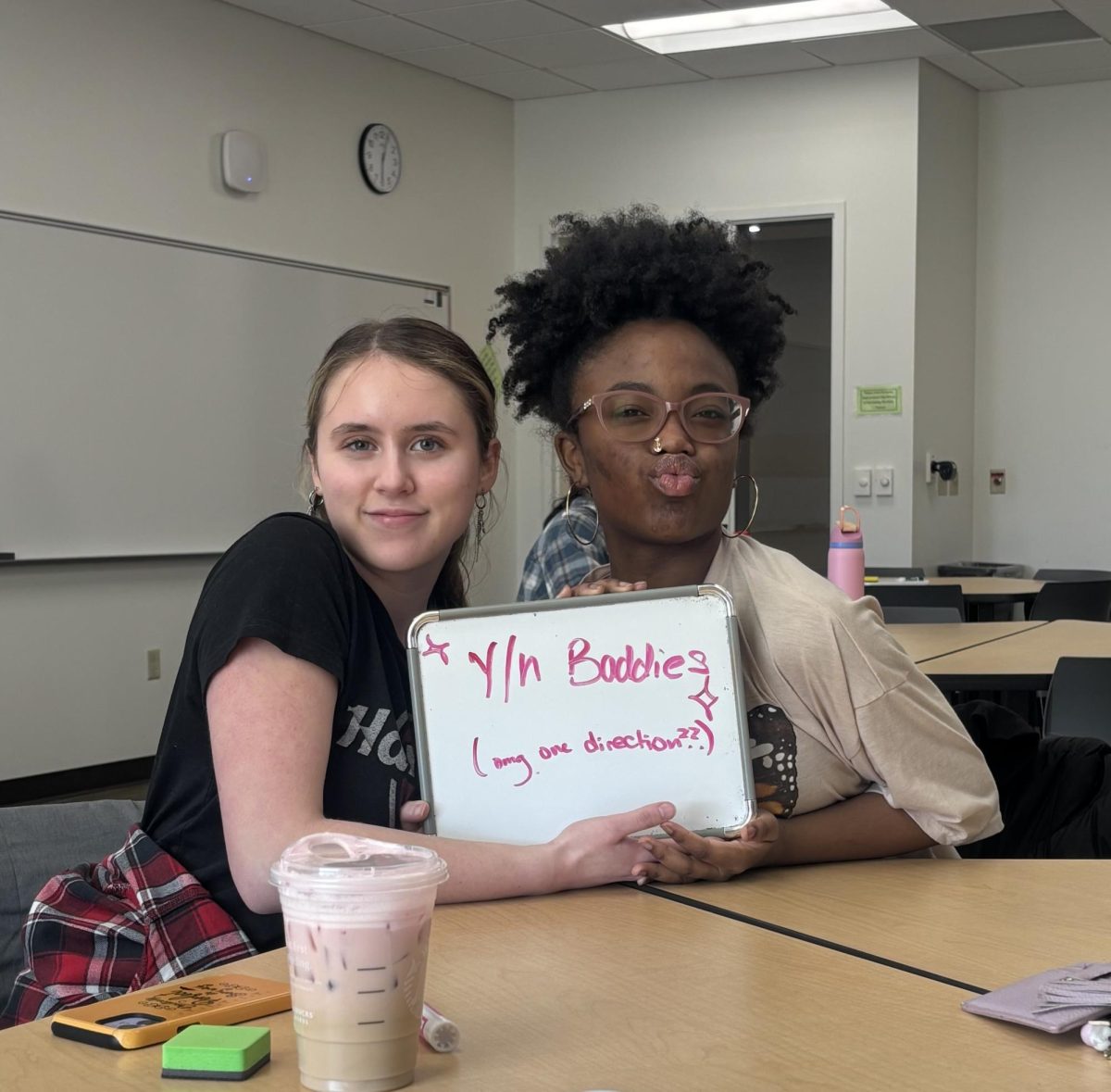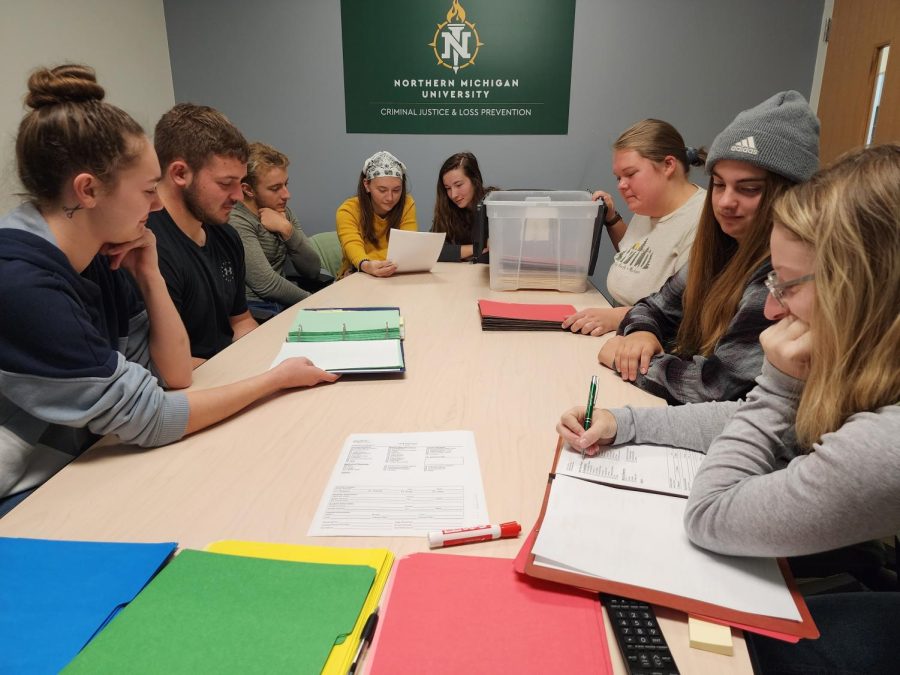Out of the archives, into the classroom: NMU’s cold cases class
Photo courtesy of Christopher MacMaster
DEEP IN WORK – A group of students in CJ 495 review case files. CJ 495 is a new class at Northern, and instructor Christopher MacMaster hopes to make it a permanent course.
November 29, 2022
Some NMU students are given the unique opportunity to reopen old police records and start a deep dive into a cold case.
Special Topics in Criminal Justice, or CJ 495, started at Northern over a year ago when Detective First Lieutenant Paul Campbell from the Michigan State Police reached out to the Criminal Justice Department. One of Campbell’s counterparts had previously worked with an instructor at Western Michigan University to develop a similar class, influencing Campbell to pitch the class to his alma mater.
“From my perspective [the class] is to show the students that it takes teamwork, communication and collaboration to work on a cold case or any other large complex problem that they may face in their careers,” Campbell said.
The course went into the hands of Christopher MacMaster, a retired Detective Lieutenant of the Michigan State Police. MacMaster and Campbell worked together in developing the course, figuring out case selection, sorting out issues regarding privacy and organizing the information in a presentable fashion. They also received assistance from WMU and Michigan State University, learning from similar programs the two offer.
“Students accepted into the class are able to learn about criminal investigation tactics, forensic science and other specialized fields while examining cold case homicide files,” MacMaster said. “This allows our students to gain valuable investigative skills and experiences which they carry with them throughout their careers.”
As for acceptance into the class at NMU, it is a bit more than simply entering a CRN during course registration week. Students looking to enroll in the class must first attend an interview, run by MacMaster, to demonstrate their abilities.
Abbie Claire Boozer, a previous student in the class, recounted the anxiety she felt at the interview.
“The interview process was a little daunting,” Boozer said. “I remember being pretty nervous going into my interview. While I knew Chris [MacMaster] very well, I didn’t know the rest of the panel, and I just tried to put my best self forward and be an open book and answer everything honestly.”
According to Campbell, the class size has to be limited due to the “dynamics” of the materials.
“We are looking for critical thinkers, organizational skills, diverse backgrounds in terms of students majors to allow for different thought processes,” Campbell said.
Once students are enrolled, the details of the case are to remain confidential, and will not be shared outside of the classroom. According to MacMaster, students will sort through case files for the majority of the semester, and eventually draw conclusions based on what they see. These will be given to the Michigan State Police, and they will look into them. Duties of law enforcement will not be extended to students in any way.
“You are working on a case, and you have to be ready to put in the work, because the people you work with want to see the case get solved,” Boozer said. “If you’re looking for a challenge, and a really unique experience, then this is definitely something you should try and shoot for.”




























